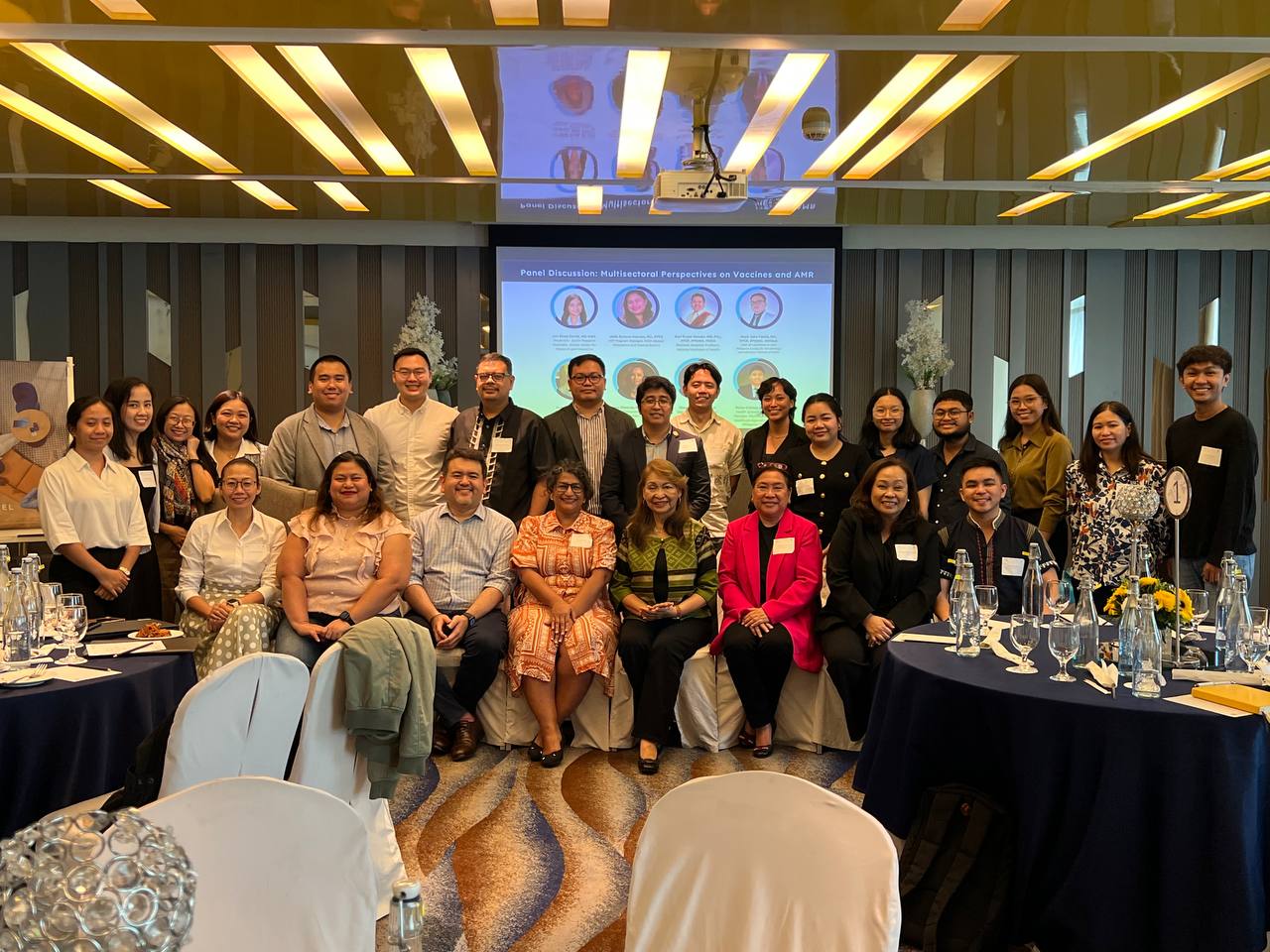
ACRI bags honors at 2023 Healthy Pilipinas Awards
Pasay City, Philippines – 27 October 2023 – The ASMPH Center for Research and Innovation (ACRI) proudly announces its remarkable achievements at the 2023 Healthy Pilipinas Awards for Partners, hosted by the Philippines Department of Health (DOH) - Healthy Promotion Bureau (HPB) in collaboration with the Galing Pook Foundation. The awarding ceremony took place on October 27, 2023, at the PICC Reception Hall in Pasay City, with the aim of recognizing exceptional contributions by government and non-government institutions toward the promotion of healthier people, environments, and systems.
ACRI's outstanding projects, aimed at advancing environmental health research and translating knowledge into actionable evidence for policy-making and action planning, have been honored in two key categories:
Gold Award: Maging MaTAALino – Protecting the Health of People and Environment Against Arsenic in Drinking Water Sources in Batangas Province
The Maging MaTAALino project, led by Dr. Geminn Louis C. Apostol, pioneered research on arsenic contamination in Batangas. This groundbreaking initiative resulted in the development of risk communication programs and materials, which were disseminated throughout the province. Additionally, it led to the formation of the Taal Volcano Environmental Health Task Force (EnviHealth Team) in collaboration with DOH-Center for Health Development (DOH-CHD) CALABARZON, spearheaded by Engr. Peter Herrera, and the Batangas Medical Center-Poison Control Center, under the guidance of Dr. Rhodora Reyes-Madrid.
Bronze Award: National Environmental Health Action Plan 2030 (NEHAP 2030)
NEHAP 2030 served as a comprehensive blueprint for creating a health-enabling environment for both current and future generations, ensuring the alignment of these national plans for Environmental Health with the Universal Health Care Law, the 2030 Agenda for Sustainable Development, and the DOH’s Health Promotion Framework Strategy. For more details, kindly refer to the following links:
-
Blog: https://acri.ph/content/towards-a-healthier-future-for-all-filipinos-acri-
-
Publication: https://bit.ly/HPBNEHAP2030
These awards not only underscore ACRI's unwavering commitment to advancing environmental health research in the Philippines but also emphasize their dedication to converting knowledge into tangible solutions for policy development and action implementation. ACRI's accolades at the 2023 Healthy Pilipinas Awards demonstrate their pivotal role in driving positive change and innovation in the realm of public health and environmental well-being.

Awarding of 2023 Healthy Pilipinas Awards for Partners featuring Dr. Rosary Frances L. Valenzuela, Dr. Geminn Louis C. Apostol, Dr. Lourdes Bernadette Sumpaico-Tanchanco, and Ms. Samantha Julia L. Eala of the ACRI team from left to right.

Ceremony of the 2023 Healthy Pilipinas Awards for Partners starring the ACRI team and the organizers – DOH-HPB and Galing Pook Foundation.
-

The Unseen Link: Vaccines and Antimicrobial Resistance in the Philippine Context
Antimicrobial resistance is already claiming lives, and the global pipeline for new antibiotics is shrinking. In August 2025, experts gathered to explore a critical question: Can vaccines become a frontline weapon against AMR? The science is clear—by preventing infections, vaccines reduce antibiotic use and slow resistance. But translating this into action means confronting data gaps, political barriers, and financing challenges. As one expert noted: "When we vaccinate, we reduce the frequency of these diseases. That means fewer antibiotics—used and misused." With no country in the Global South yet integrating vaccines systematically into AMR strategies, the Philippines has a chance to lead—if stakeholders can move from consensus to action.
-

Advancing vaccine uptake to mitigate antimicrobial resistance (AMR) in low and middle-income countries of South or South-East Asia
This project explores how strengthening vaccine uptake can serve as a key strategy to mitigate antimicrobial resistance (AMR) in the Philippines and across South and South-East Asia. By reducing the burden of vaccine-preventable diseases and the unnecessary use of antibiotics, the study aims to provide actionable recommendations for national and institutional stakeholders to better integrate vaccination initiatives into AMR control efforts, ultimately contributing to stronger, more resilient health systems.
